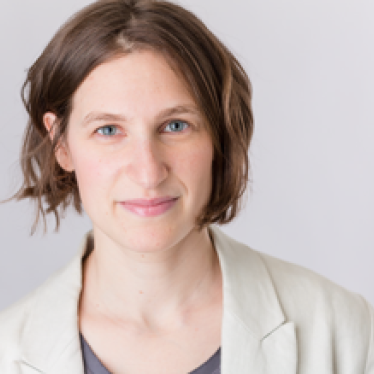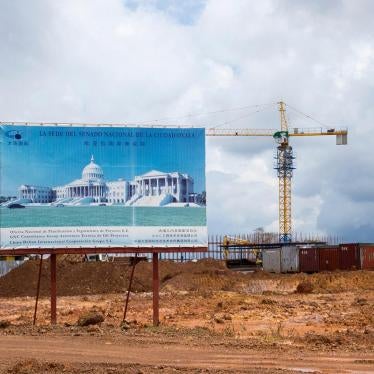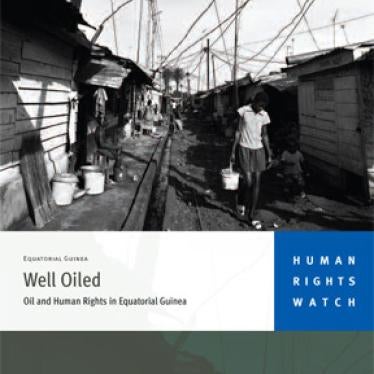This Monday, June 19, after a decade of litigation, the son of Equatorial Guinea’s president will be tried in the Tribunal Correctionnel de Paris for allegedly laundering tens of millions of euros. According to public authorities, this money was largely stolen from his oil rich country. The trial offers a rare glimpse into the dealings of the Equatoguinean government: under the world’s longest-serving president (since 1979), government officials and, allegedly, the president’s son, who is also the vice president, double as businesspeople cashing in on massive public contracts.
The government of President Teodoro Obiang Nguema Mbasogo claims that such arrangements don’t violate the country’s laws and his son Teodoro Nguema Obiang Mangue, known as “Teodorin,” at the center of the French case, once told a South African court that “a cabinet minister ends up with a sizable part of the [public] contract price in his bank account.”
Influence Buying
It would be a tremendous victory against corruption if, through this case, France is able to make clear that corrupt officials cannot launder their dirty money in its territory. It would send a strong message: impunity in one’s country may not be enough to stave off accountability abroad. But France should also do its part to ensure officials don’t get their hands on dirty money in the first place. French President Emmanuel Macron can begin by vigorously enforcing France’s new anti-corruption law, known as Loi Sapin II. It gives French prosecutors enhanced powers over French companies engaged in bribing or influence buying abroad, even if they don’t violate the laws of the countries they invest in. It also requires companies to establish due diligence programs and sets up an Anti-Corruption Agency to investigate their compliance.
Cash Cows
Equatorial Guinea is a case study on the human rights impact of corruption. As documented in the report Human Rights Watch just published, there is a direct connection between official self-dealing and the country’s dismal health and education indicators. The lack of a transparent and competitive system for choosing projects and awarding contracts makes it easy for officials to turn infrastructure projects into personal cash cows – and so that’s where the government’s money goes, while its public health and education systems flounder.
Even though Equatorial Guinea has enormous wealth, the government invests only 2 to 3 percent of its budget – far less than any other country in its income bracket – in health and education. Much of what it does spend goes to hospitals most people cannot afford and a university reserved for a privileged few. Only half the population has access to safe drinking water, vaccination rates have plummeted to the worst in the world, and the proportion of primary school-aged children who are not in school, having increased since the start of the oil boom, is the seventh highest globally.
A Third Capital
Meanwhile, the government spends an extraordinary amount on infrastructure projects. Between 2009 and 2013, about 80 percent of public spending went to these projects, despite International Monetary Fund concerns. The government defends such high spending by saying the infrastructure is needed to develop the country and to diversify the economy for when oil runs out. The costliest and most inexplicable of these projects is a new capital called Oyala that the government is building in middle of the jungle. It is effectively the third capital in this small country of around one million people. After spending billions on ministry buildings in the current island capital, Malabo, and on the alternate capital on the mainland, Bata, the government budgeted another $8 billion (more than €7 billion) for Oyala, according to the IMF, which also estimated that this was half the country’s 2016 budget.
There are troubling indications that this massive construction spending will probably lead to self-dealing. For example, the president, first lady, and Teodorin appear to jointly own the company with a monopoly over cement imports. The new capital has also drawn foreign companies, including French ones, like Egis Group, which is helping design it.
Conflict of Interest
It is hard for foreign companies to avoid conflicts of interest in Equatorial Guinea given that the country’s laws require foreign businesses to have a local partner with at least a 35 percent stake in any local venture. Two former executives of construction companies active in Equatorial Guinea as well as others have said that partnering with influential officials can be crucial to getting anything done in the country – and especially to landing lucrative public contracts.
The steps France has taken to prevent officials from laundering their ill-gotten goods are a good start. Now the government should go further and also make sure that French companies don’t help officials fleece their countries of public funds. People’s health and education depend on it.








